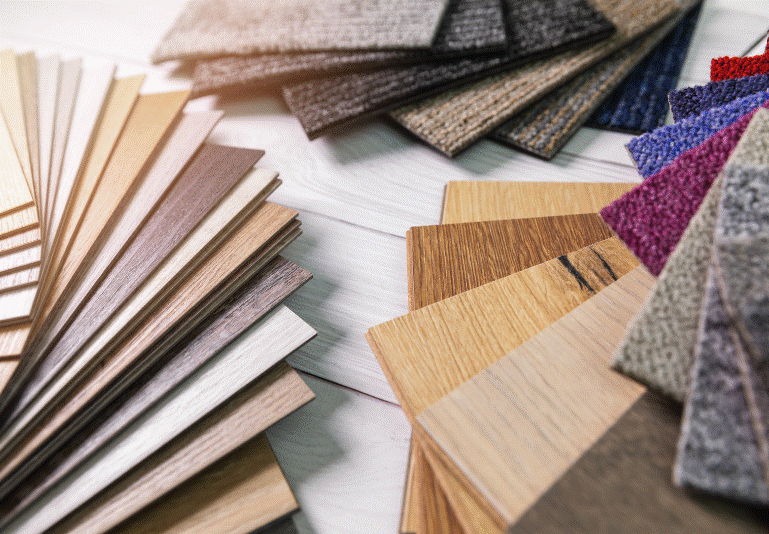When it comes to boosting the value of your home, every detail counts, and flooring is one of the most critical aspects that potential buyers notice. Among the various flooring options available, carpeting and hardwood are two of the most popular choices. Both have their advantages, but how do they compare in terms of adding value to your home? Let's explore the pros and cons of each to help you make an informed decision.
The Appeal of Carpeting
Carpeting offers a unique blend of comfort and warmth, especially in colder climates. It's often chosen for bedrooms and living areas where the soft underfoot feel is most appreciated. Carpets come in various styles, colors, and textures, allowing homeowners to match their flooring to their interior design seamlessly.
From a cost perspective, carpeting is generally more affordable than hardwood, making it an attractive option for budget-conscious homeowners. Additionally, it provides sound insulation, reducing noise within the home—an essential feature in multi-story houses.
However, while carpeting may be appealing for comfort, it doesn’t always add as much value to a home as other flooring types. In areas where hardwood is highly sought after, carpeting may even be seen as a drawback, especially if it appears worn or dated.
The Appeal of Hardwood
Hardwood flooring is often regarded as the gold standard in flooring materials. It’s known for its durability and longevity, with some hardwood floors lasting for decades, even centuries, when well maintained. The timeless aesthetic of hardwood, coupled with its natural beauty, makes it a favorite among homebuyers and real estate professionals alike.
One of the significant advantages of hardwood is its impact on home value. In most markets, homes with hardwood floors tend to sell faster and at a higher price point than those with carpeting. This is particularly true in regions where hardwood is the norm, and buyers are willing to pay a premium for it.
Hardwood floors are also versatile in terms of design. They can be refinished multiple times, allowing homeowners to change the color or finish without replacing the entire floor. This adaptability adds to their long-term value.
Comparative Analysis
When comparing carpeting and hardwood, cost is a significant factor. While carpeting is cheaper initially, hardwood floors provide a better return on investment in the long run due to their durability and desirability in the real estate market.
Market preferences also play a crucial role. In many regions, buyers prefer hardwood over carpet, particularly in living spaces and dining rooms. However, in colder climates or for specific rooms like bedrooms, carpet may still hold its appeal.
Regional factors can also influence the value added by each flooring type. For example, in areas where hardwood is rare, it may add significant value, whereas in regions where it's the standard, carpeting could be seen as an outlier.
Both carpeting and hardwood have their merits, but when it comes to adding value to your home, hardwood generally comes out on top. It offers a higher return on investment, greater durability, and a timeless appeal that resonates with most buyers. However, the best choice ultimately depends on your home’s location, your budget, and your personal preferences. If comfort and cost are your primary concerns, carpeting may be the way to go, but for long-term value, hardwood is often the better investment.





